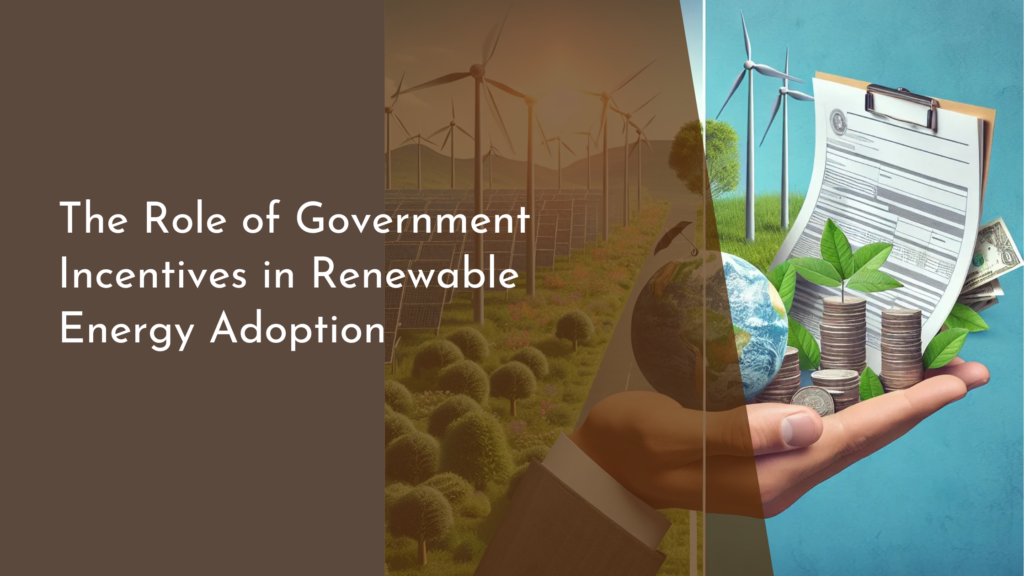Solar Cooking Workshops and Educational Programs
Solar cooking workshops and educational programs are gaining traction around the world as communities seek sustainable and environmentally friendly alternatives to conventional cooking methods. These workshops not only offer a practical solution to reduce reliance on fossil fuels but also serve as an enlightening experience for participants, underscoring the importance of renewable energy in daily life. Let’s explore how these programs are making a difference in both individual lives and the broader mission of environmental conservation.
Introduction to Solar Cooking Workshops
Solar cooking workshops provide a hands-on opportunity for individuals to learn about the principles and applications of harnessing solar energy for culinary purposes. These workshops typically involve demonstrations of various solar cooking devices, such as solar ovens, solar cookers, and parabolic reflectors, which utilize the sun’s energy to prepare food. Participants are often amazed at the simplicity and effectiveness of these devices, gaining firsthand experience in how sunlight can be transformed into a cooking resource.
Organizers of these workshops aim to create an interactive and engaging environment that welcomes everyone, regardless of their prior knowledge of solar technology. Through collaboration with local communities, educational institutions, and environmental organizations, these workshops are held in diverse settings, from urban centers to rural areas. This widespread accessibility ensures that more people can discover the potential of solar cooking and consider integrating it into their daily routines.
Benefits of Participating in Solar Programs
Attending a solar cooking workshop offers several benefits, both immediate and long-term. Participants can reduce their carbon footprint by learning how to utilize a renewable energy source, which in turn contributes to decreasing greenhouse gas emissions. This not only benefits the environment but also promotes a healthier lifestyle by minimizing exposure to smoke and pollutants traditionally associated with wood or charcoal-based cooking.
Moreover, solar cooking can result in significant financial savings over time. By reducing dependence on conventional fuels such as gas, electricity, or firewood, families can cut down on their energy expenses. The initial investment in a solar cooker is often offset by the long-term cost savings, making it an economically viable option. By participating in these programs, individuals are equipped with the knowledge to make informed and sustainable energy choices, empowering them to lead more environmentally conscious lives.
Learning Opportunities and Skills Acquired
Solar cooking workshops offer a rich learning experience that combines theory with practical application. Participants gain an understanding of the science behind solar energy, including how solar collectors work and the principles of heat transfer. Additionally, they learn how to assess solar cooker efficiency and optimize cooking conditions based on weather and geographical location, which enhances critical thinking and problem-solving skills.
These workshops also provide an opportunity to develop culinary skills in a unique setting. Attendees often experiment with various recipes, discovering new flavors and cooking techniques that are specific to solar cooking. This not only broadens their culinary repertoire but also encourages creativity in the kitchen. Through collaborative learning and shared experiences, participants leave the workshops with a newfound appreciation for the culinary potential of solar energy and the confidence to experiment further on their own.
Inspiring a Sustainable Cooking Future
The impact of solar cooking workshops extends beyond the immediate educational benefits, as they inspire a broader cultural shift towards sustainability. By raising awareness of the environmental advantages of solar cooking, these programs encourage communities to adopt greener practices in their daily lives. Participants become advocates for alternative energy solutions, spreading the message to their families and communities and furthering the reach of solar innovation.
Moreover, these educational programs are crucial in addressing global challenges such as deforestation and energy scarcity. By promoting the use of renewable energy resources, they contribute to preserving natural habitats and ensuring energy equity for underserved populations. As more individuals embrace solar cooking, a ripple effect is created, fostering a culture of sustainability that extends to future generations and supports a more resilient planet.
Solar cooking workshops and educational programs are powerful tools in promoting sustainable practices and renewable energy use. By equipping people with the knowledge and skills to harness solar power for cooking, these programs not only reduce environmental impact but also empower individuals and communities towards energy independence. As the world continues to seek solutions for climate change and energy sustainability, the role of solar cooking in transforming our culinary habits cannot be overstated. Together, we can cook up a brighter, greener future.

